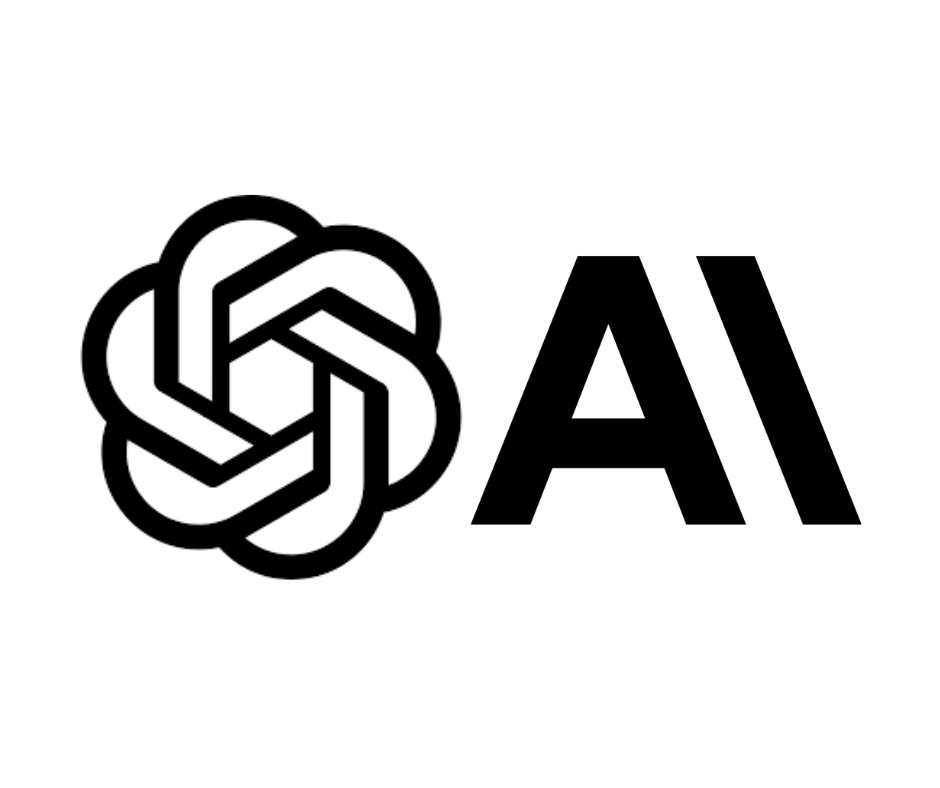In a strategic move to embed artificial intelligence (AI) tools within the academic sphere, leading AI laboratories OpenAI and Anthropic have unveiled initiatives aimed at integrating their technologies into higher education institutions. This development underscores the escalating competition to become the preferred AI resource among college students.
Anthropic’s Academic Initiative
Anthropic has introduced “Claude for Education,” a specialized version of its chatbot tailored for university settings. The company has established partnerships with institutions including Northeastern University, the London School of Economics (LSE), and Champlain College. Collaborations with organizations like Internet2 and Instructure are also in place to enhance access to AI tools in educational environments.
A notable feature of this initiative is the “Learning mode,” designed to promote critical thinking by engaging students through Socratic questioning. Instead of directly providing answers, Claude prompts users with questions such as “How would you approach this?” or “What evidence supports your conclusion?” to guide them through problem-solving processes. Larry Kramer, President and Vice-Chancellor of LSE, emphasized the institution’s role in shaping the positive transformation of education and society through AI.
OpenAI’s Ongoing Educational Engagement
OpenAI has been active in the educational sector since May 2024 with the launch of ChatGPT Edu, a university-focused version of its chatbot. The company recently formed the NextGenAI Consortium, committing $50 million to accelerate AI research across 15 colleges. Additionally, a partnership with California State University aims to integrate ChatGPT Edu across all CSU campuses.
In a recent announcement, OpenAI revealed that ChatGPT Plus, typically a $20 monthly subscription, will be available for free to all U.S. and Canadian college students through May. This offering includes features such as large file uploads and advanced voice capabilities, aiming to support students during their final examinations. Leah Belsky, OpenAI’s Vice President of Education, highlighted the importance of supporting students’ AI literacy in an increasingly AI-shaped workforce.
Implications for New Mexico’s Educational Landscape
These initiatives have significant implications for New Mexico’s educational institutions. The availability of advanced AI tools can enhance learning experiences, promote critical thinking, and prepare students for a workforce increasingly influenced by AI technologies. However, institutions must also consider challenges such as ensuring equitable access, maintaining academic integrity, and providing adequate training for both students and faculty to effectively utilize these tools.
As AI continues to permeate various sectors, the competition between companies like OpenAI and Anthropic to establish a foothold in higher education reflects the strategic importance of integrating AI into academic environments. For New Mexico’s colleges and universities, staying abreast of these developments is crucial to leverage the benefits and address the challenges presented by AI in education.

